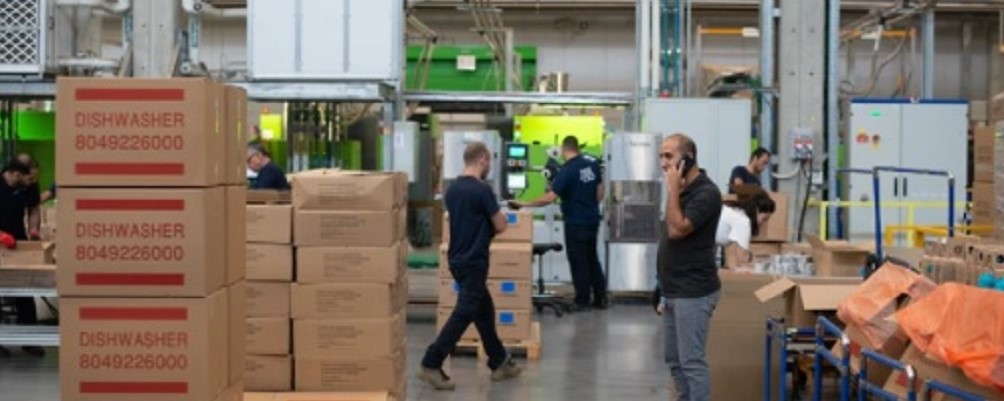
How an Ethics Hotline Reduces Warehouse Accidents
Many warehouse accidents are preventable, but unethical practices are often responsible. This means innocent people are being injured simply because someone else didn’t do their job correctly.
The good news is an ethics hotline actually helps reduce these accidents. This saves your business from costly workers’ compensation claims and lawsuits. It also helps protect your employees’ well being.
Uncover Unsafe Work Environments
Many warehouse accidents occur from unsafe work environments. For instance, a company might save a few dollars by not having bright enough lighting to see around dark corners. Or, instead of upgrading shelving, employees are told to just stack too heavy pallets on older shelving that won’t always support the weight.
From something as simple as not clearly marking directions to storing items improperly just to make it easier or save space, employees’ lives are a risk. An ethics hotline gives employees a way to report these issues and have them addressed quickly.
Ensure OSHA Compliance
All warehouse employees should be aware of the minimum requirements to meet OSHA compliance. This is both for their safety and to reduce fines for the business. OSHA violations can ruin a business. These compliance requirements are in place to help protect everyone. If a business is cutting corners, those violations could cause significant injuries from falls, chemicals and other issues.
An ethics hotline reduces warehouse accidents by allowing employees to report violations immediately. This helps reduce accidents and gives businesses a chance to rectify issues before OSHA gets involved.
Ensure Employees Are Trained
In order to save time and money, some warehouses may hire unskilled labor or skip training, especially safety training. Naturally, this leads to numerous warehouse accidents as no one knows how to do the job safely.
With an ethics hotline, employees can report that they’re not being trained. Instead of being blamed for doing the job incorrectly, employees report that no training is provided and no experience was required. Once investigated, those in charge of training and hiring are dealt with. Existing employees can be trained, both on the job itself and safety, and all new employees must have certain experience to be hired.
Providing Safety Equipment
Every warehouse needs safety equipment. This can include hard hats, goggles, safety harnesses and belts, the right shoes and more. While warehouses are supposed to provide most of this, it’s also up to the employees to provide some things, such as shoes. The right shoes help prevent tripping, slipping and smashed feet.
However, warehouses might not provide enough safety equipment for everyone. For example, if gloves are necessary for handling sharp objects, the warehouse might only have enough for half of the employees. Those who get there first get the safety equipment.
Employees can report this. Often, it’s one or two employees committing fraud by purchasing less equipment or sub-par equipment.
Maintaining Safety Standards
Employees should also use the ethics hotline to report fellow employees refusing to follow safety guidelines as this is a risk for everyone. A single employee who doesn’t do the job correctly, using the right safety procedures, puts others at risk. Rushing to place pallets and boxes could mean someone walking through has something fall on them. Also, knowing that others are watching helps reduce the risk of safety violations.
No matter how you look at it, an ethics hotline is the perfect solution to help reduce warehouse accidents.
